Court rules that Apple doesn't have to unlock drug dealer's iPhone

A federal judge in Brooklyn has ruled against a DOJ request for a court order that would force Apple to unlock an iPhone belonging to a drug dealer. This ruling could influence another decision in federal court about whether Apple must develop a new operating system designed to unlock the Apple iPhone 5c owned by deceased San Bernardino terrorist Syed Farook. Authorities believe that information about other terrorists and potential targets could be inside the handset.
Similar to the government's action in the San Bernardino case, the DOJ cited the All Writs Act as a reason to compel Apple to unlock the drug dealer's iPhone. But in the Brooklyn courtroom, Magistrate Judge James Orenstein ruled that the government was unable to show why the All Writs Act applies in this case.
Because the government decided to use the ancient statute, which was originally part of the Judiciary Act of 1789 and was first passed in its current form in 1911, it missed an opportunity to get the court to decide whether Apple could be forced to unlock a suspect's iPhone. Instead, the magistrate in Brooklyn merely ruled that the All Writs Act is not the appropriate statute to use to force Apple to unlock an iPhone in this case, the case in San Bernardino, and all other cases that spring up in the future where the government wants Apple to open up an iPhone.
The 50-page ruling discussed several factors weighing on the decision, including the "necessity of imposing such a burden on Apple." Legal experts still believe that this legal issue is headed to the Supreme Court. Steven Vladeck, professor at American University's Washington College of the Law said following the decision, "What today's ruling proves is that Apple's objections to the order aren't frivolous and indeed might well be meritorious," said.
"After reviewing the facts in the record and the parties' arguments, I conclude that none of those factors justifies imposing on Apple the obligation to assist the government's investigation against its will. I therefore deny the motion."-Magistrate Judge James Orenstein
The 50-page ruling discussed several factors weighing on the decision, including the "necessity of imposing such a burden on Apple." Legal experts still believe that this legal issue is headed to the Supreme Court. Steven Vladeck, professor at American University's Washington College of the Law said following the decision, "What today's ruling proves is that Apple's objections to the order aren't frivolous and indeed might well be meritorious," said.
source: USAToday
Follow us on Google News


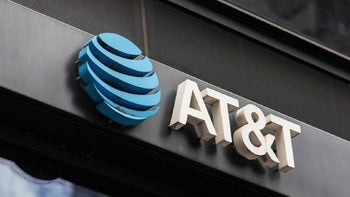
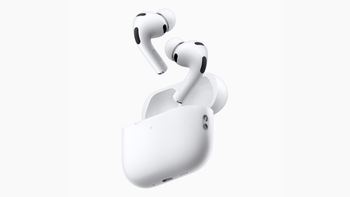
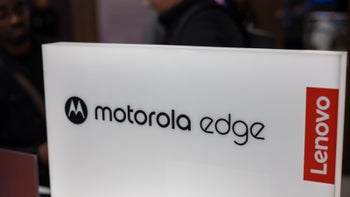


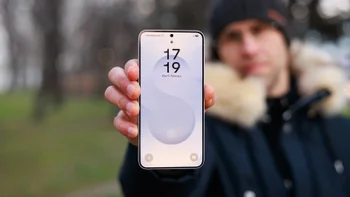
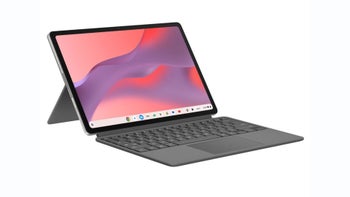


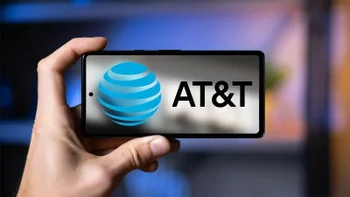
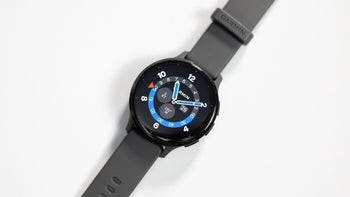
Things that are NOT allowed:
To help keep our community safe and free from spam, we apply temporary limits to newly created accounts: